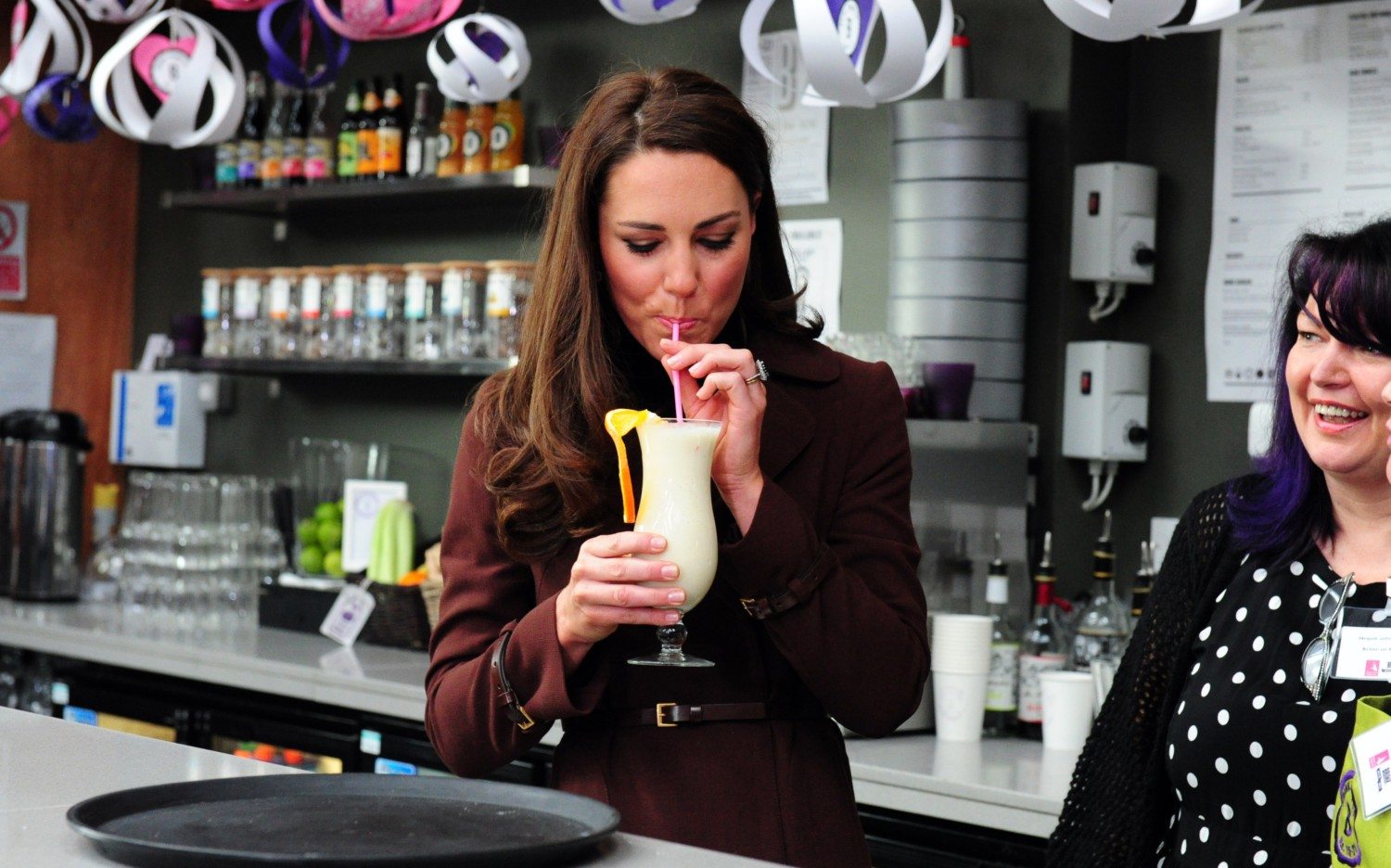Why straws are being phased out

When you order a soft drink or a cocktail at a restaurant, you’re probably accustomed to it arriving with a straw. In many places around the country, however, that’s changing. Cities across the United States—including Malibu, Davis and San Luis Obispo in California, Fort Meyers and Miami Beach in Florida, and Seattle, Washington, have banned or limited the use of plastic straws in restaurants.
Plastics do not naturally degrade, so they inevitably end up in storm drains, oceans or landfills. While straws only make up a small percentage of the plastics used throughout the world, environmental advocates say that stopping their usage can be a significant step in the right direction.
“I think a lot of people feel overwhelmed by the magnitude of the plastic problem,” Diana Lofflin, the founder of StrawFree.org, an activist organization based in San Diego, told The New York Times. “Giving up plastic straws is a small step, and an easy thing for people to get started on. From there, we can move on to larger projects.”
Even in cities where straws are still allowed, restaurants are taking it upon themselves to phase out the use of straws. In Aspen, Colorado, Jessica Lischka, general manager at Jimmy’s restaurant, has eliminated disposable plastic straws. Instead, paper or compostable straws are made available to customers upon request.
“We are reducing plastic waste, but more importantly we hope we are getting people to think beyond straws to other single-use plastics and how accustomed we have become to convenience items,” Lischka told Aspen Times. “Would it kill you to put your lips on the glass? Maybe that kind of reduction has never occurred to our guests, and maybe it gets them to rethink their next bottle of water or to-go coffee cup or plastic utensils.”
Americans aren’t the only ones cracking down on straws. Across the pond, Queen Elizabeth II has banned the use of plastic straws and plates at Buckingham Palace, Windsor Castle and the Palace of Holyroodhouse in Edinburgh.
What do you think? Are you in favor of this growing movement?







